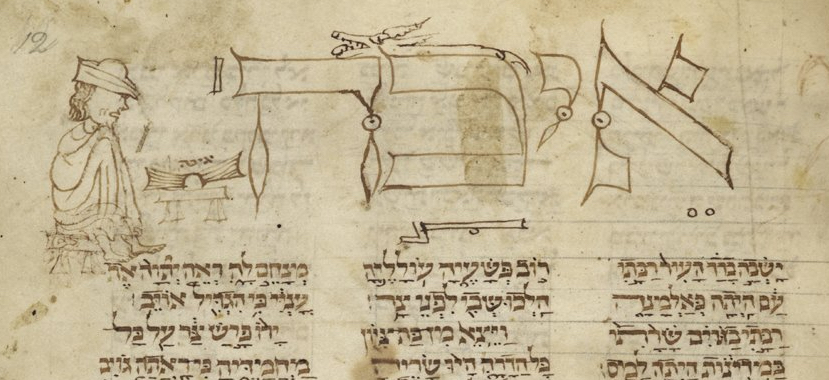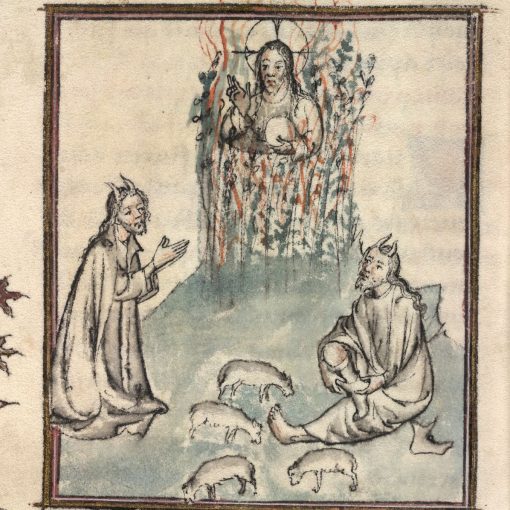This is an entry in the “Acrostic Contemplations.”
Lament is missing in our society today. We are withering emotionally for the lack of the ability (and acceptability) to lament, both corporately and individually. Lamentation is the powerful and public expression our grief and sorrow and we no longer know how to do it. When we see it, we don’t recognize it as a good, right, and healthy expression of emotion and are repulsed; it is so foreign as to be offensive. Yet still, we know we are missing something, we just don’t know what. We are like sailors sick with scurvy, wasting away with no understanding of what is missing from their diet.
It is not hard to lament, but it requires honesty. Lamentation requires us to state openly, and thus inwardly, that we are grieving and hurting the loss of someone or something. It requires us to be honest about our anger and frustration, our doubts and fears. “How?!”

Start with that simple word, it is the word with which the biblical book of Lamentation opens and now, millennia later, it is the Hebrew word for lament, ‘Ekhah, “How?!” How could our child be taken from us, how could so many innocent people be killed in bombings, how can injustice continue in our own towns, how can God not be moved? How?
It is a conversation. We cry out to God, “How?” Lay it all bare, rage and cry, list all the things you do not understand, will not accept, and ask God, “How?” This is not, as some have suggested, to doubt God or God’s existence, but it is to acknowledge God as the only one who can provide the answers. We have to know up front, however, that the answers aren’t always forthcoming. Or, as Job found, they were answers to different questions than the ones that we have.
“Why did you cause this to happen to my family, to me?” Job asked. “You are not God,” answered God. Job’s questions were not answered, the explanation of his suffering and that of his family were never addressed by God. Yet God spoke to Job and that was the answer he needed.
Lament, wail, and release your grief and frustration, your anger and bitterness at death and loss. Be honest with yourself and God; let it all out. The catharsis is real, emotional and spiritual. Then listen and wait. As your spirit, mind, and body is exhausted, listen for the breathe of God and be revived, resuscitated.
See: Beautiful and Terrible Things: A Christian Struggle with Suffering, Grief, and Hope




